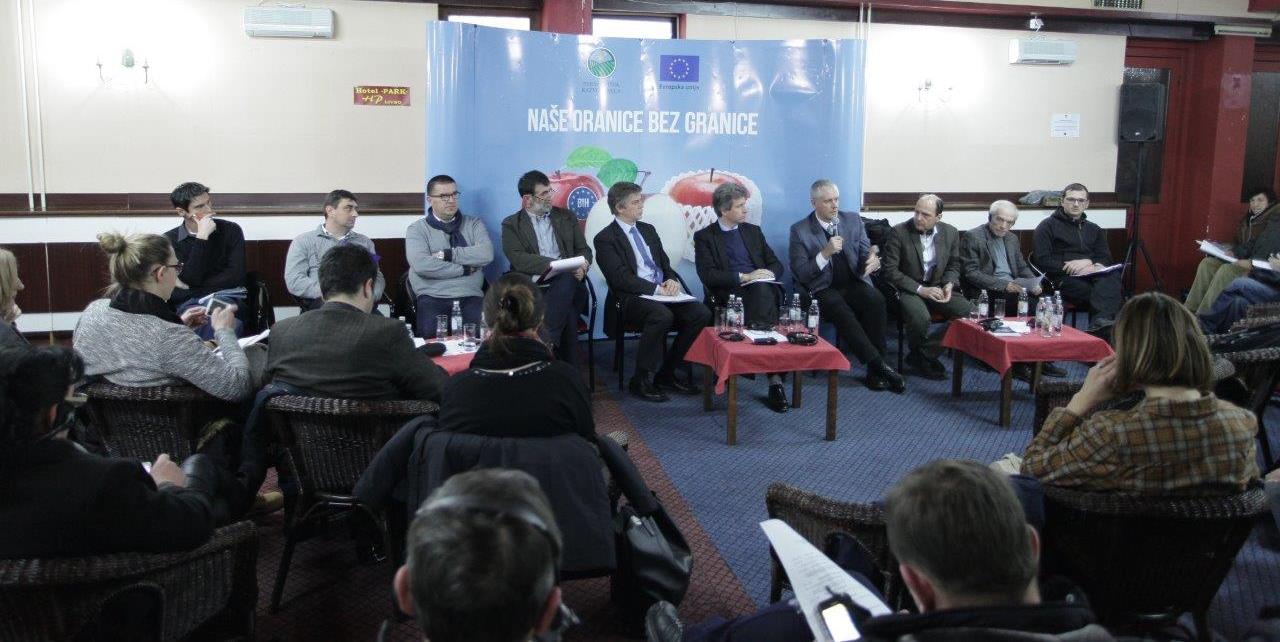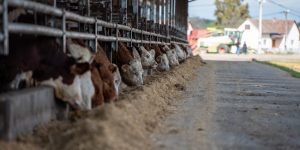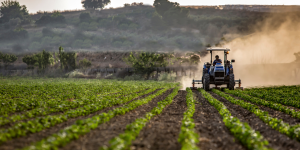The Office of the EU Special Representative in Bosnia and Herzegovina (EUSR) launched a project on the development perspectives of agriculture in BiH, aimed to openly discuss the current situation in rural areas and agriculture in BiH, as well as to address challenges and opportunities offered by the EU accession process.
The project involves a comprehensive public awareness campaign, consisting of ten forums on agriculture and rural development, as well as informative and educational events across the country.
The first two forums were held on 11 and 12 January in Travnik and Livno, with keynote speakers including Ambassador Lars-Gunnar Wigemark, Head of the EU Delegation to Bosnia and Herzegovina and EU Special Representative, British Ambassador to BiH Edward Ferguson, as well as Deputy Head of the Delegation of the European Union, Khaldoun Sinno, aside local, regional and international experts in the field of agriculture and rural development.
“Harvesting in BiH can really be without borders, as the project’s motto reads. Domestic producers should take advantage of all the benefits offered by the EU membership. We are here to talk directly with farmers about their situation and the problems they face. We are well aware that their position is very difficult and that these categories have remained neglected over the years,” said Wigemark, hoping that these forums would send a clear message to all stakeholders about the need to put a stronger focus on agriculture in BiH.
During the forum, there was discussion about concrete examples from the field, including analysis of the main obstacles to the improvement of agriculture and ways to overcome these obstacles, as well as recommendations for a timely preparation for the EU accession.
British Ambassador to BiH Edward Ferguson stressed that the forum is a great opportunity to hear first-hand from farmers about the challenges and opportunities they face.
“Agriculture is a very important sector for BiH, and if the farmers are doing well, then the whole country is pretty much doing well. We should not forget the progress made in recent months, starting with the adaptation of the Stabilisation and Association Agreement; then unblocking the export of certain products from BiH to the EU market. A lot of work is ahead of us, and we need to have even stronger focus on the export of poultry and other animal products. The adoption of a comprehensive strategy in the sector of agriculture and rural development is important to activate EU funding available for these sectors, which will in return attract further investments”, said Ambassador Ferguson.
EU integration does entail a number of challenges, but also benefits and opportunities for farmers in Bosnia and Herzegovina. Membership in the European Union will open up new markets for domestic producers and ways of financing their activities. A number of development funds of the European Union can significantly improve farms in Bosnia and Herzegovina, but also the overall production.
Director of USAID/Sweden Project Farm II Adrian Neal also noted in his remarks that a difficult task is now ahead of farmers, with increasingly more pressure on them and that the time is right for proper organisation and response.
“This process has to be done in partnership; the public sector cannot reach out to each individual producer,” said Neal, adding that production in BiH needs to be strengthened additionally in order to primarily become competitive in the domestic market.
Participants at these forums also had a chance to see a short educational documentary on domestic producers with experience in applying European standards and marketing their products to the EU market. They also attended informational and educational fair with project partners exhibiting, UNDP BiH and USAID/Sweden FARMA II, and the Zepce Association of Entrepreneurs and Employers (UPIP) and Farmofit – Fodder Factory Rapic, Gradiska.




